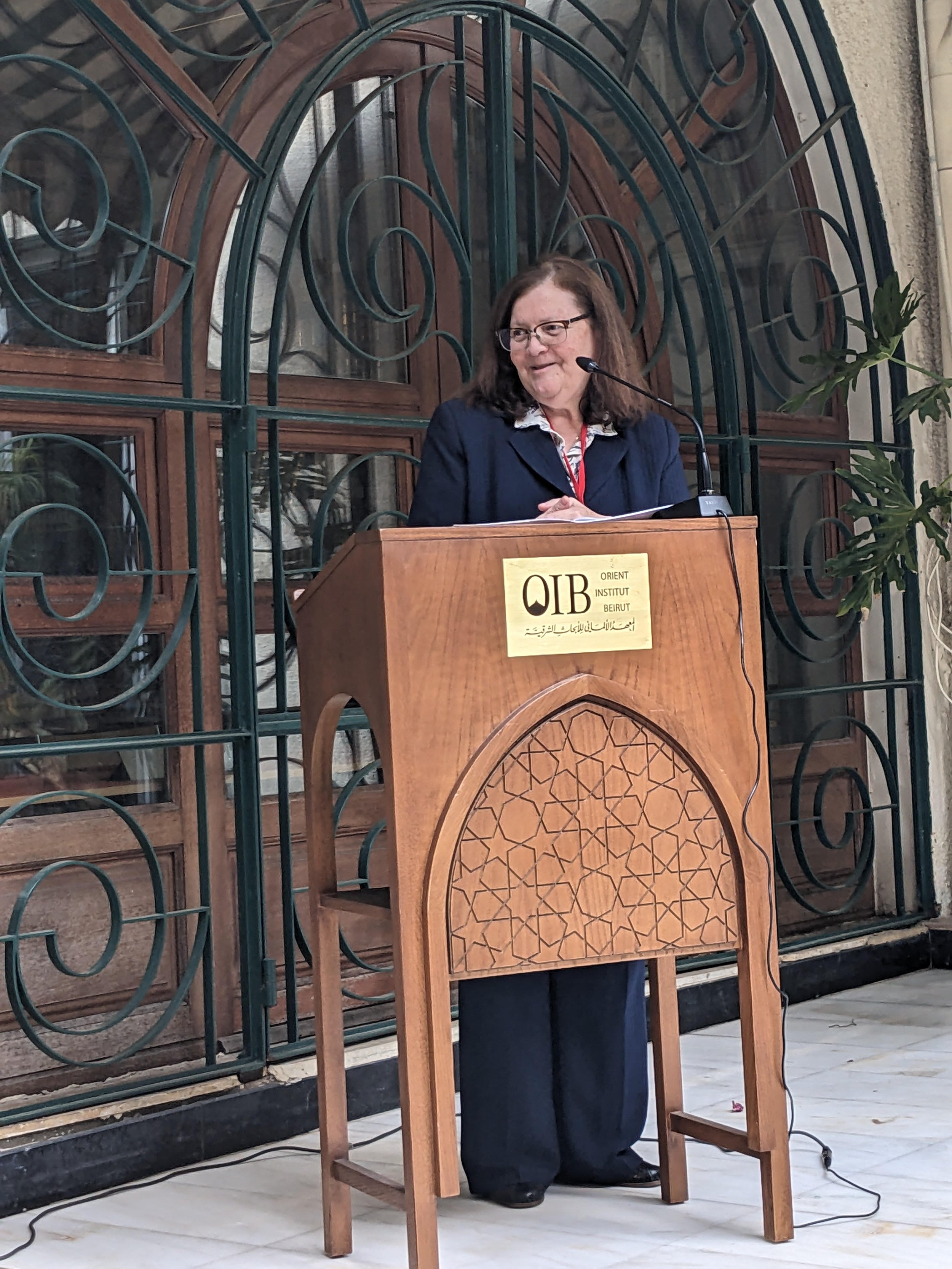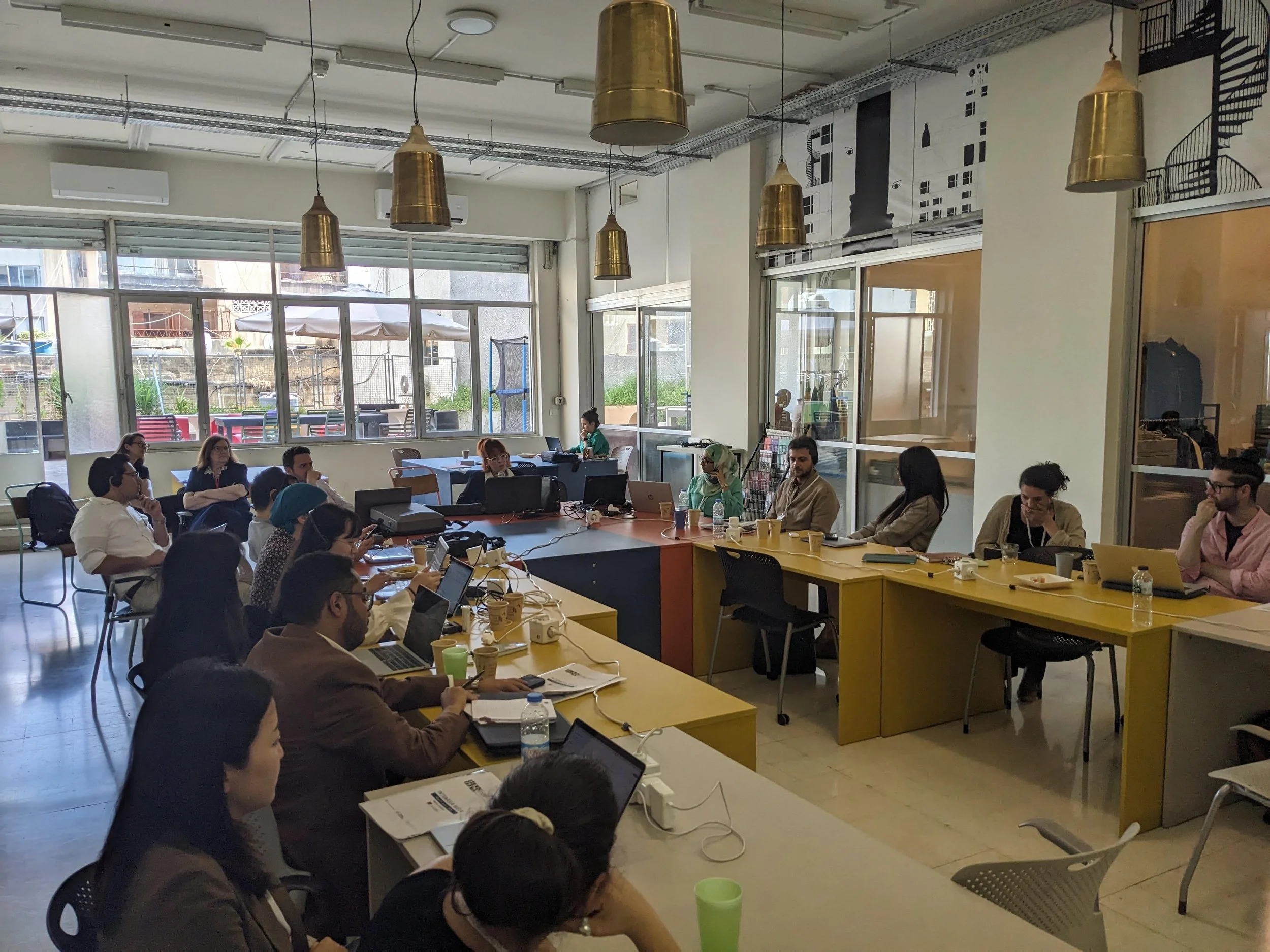Successful Institute on ‘Mapping Arab Region-China Connections’ held in Beirut, Lebanon.
The Mapping Connections project recently concluded an Institute on Mapping Arab Region-China Connections’ convened between 27th – 30th May as part of the Inter-Asia Partnership’s (IAP) ‘Inter-Asia Week’.
The Institute brought together 16 participants from 11 different countries with 10 faculty instructors. Across the four days, a rich set of discussions were held between faculty and participants that explored topics related to China-Arab region connections, including the challenges of studying China and the Middle East in a time of global crisis, the political economy of Chinese investments and trade partnerships in the region, Mandarin language learning in the Arab world, and trading networks that connect cities in China with those of the Middle East. Additionally, a variety of professional and career mentoring sessions were delivered by faculty, many of whom were drawn from Early Career Researchers working on the Mapping Connections Project.
During the Institute, participants worked on producing blogs related to their research interests. These will be published in the coming weeks on the Mapping Connections website (in both English and Arabic). A series of working papers are also being developed from the Institute.
The Institute was convened at the same time as two other initiatives of the IAP – the Digitalities Group and the Civilizationism Project. Members of the three initiatives participated jointly in several of the sessions during the week, including a well-attended and successful public meeting around the theme of ‘War and Civilizationalist Horizons’ at the Orient-Institut Beirut on 30 May, 2024.
The InterAsia Partnership connects scholars, practitioners, research centers and universities in order to re-envision Asia as an interconnected formation through developing transregional frames that transcend conventional academic and geopolitical labels. The goal is to promote better understandings of historical and contemporary phenomena and processes in complex global settings and enables collaborative and comparative projects and practices. Since 2021, the Arab Council for the Social Sciences (ACSS) has served as Secretariat to the Partnership—comprised of seven partner institutions and additional collaborating members.
Seteney Shami, Director General of the ACSS, introducing speakers at the “War and Civilizationalist Horizons” Panel, OIB, Thursday 30 May, 2024
Participants at the Institute


